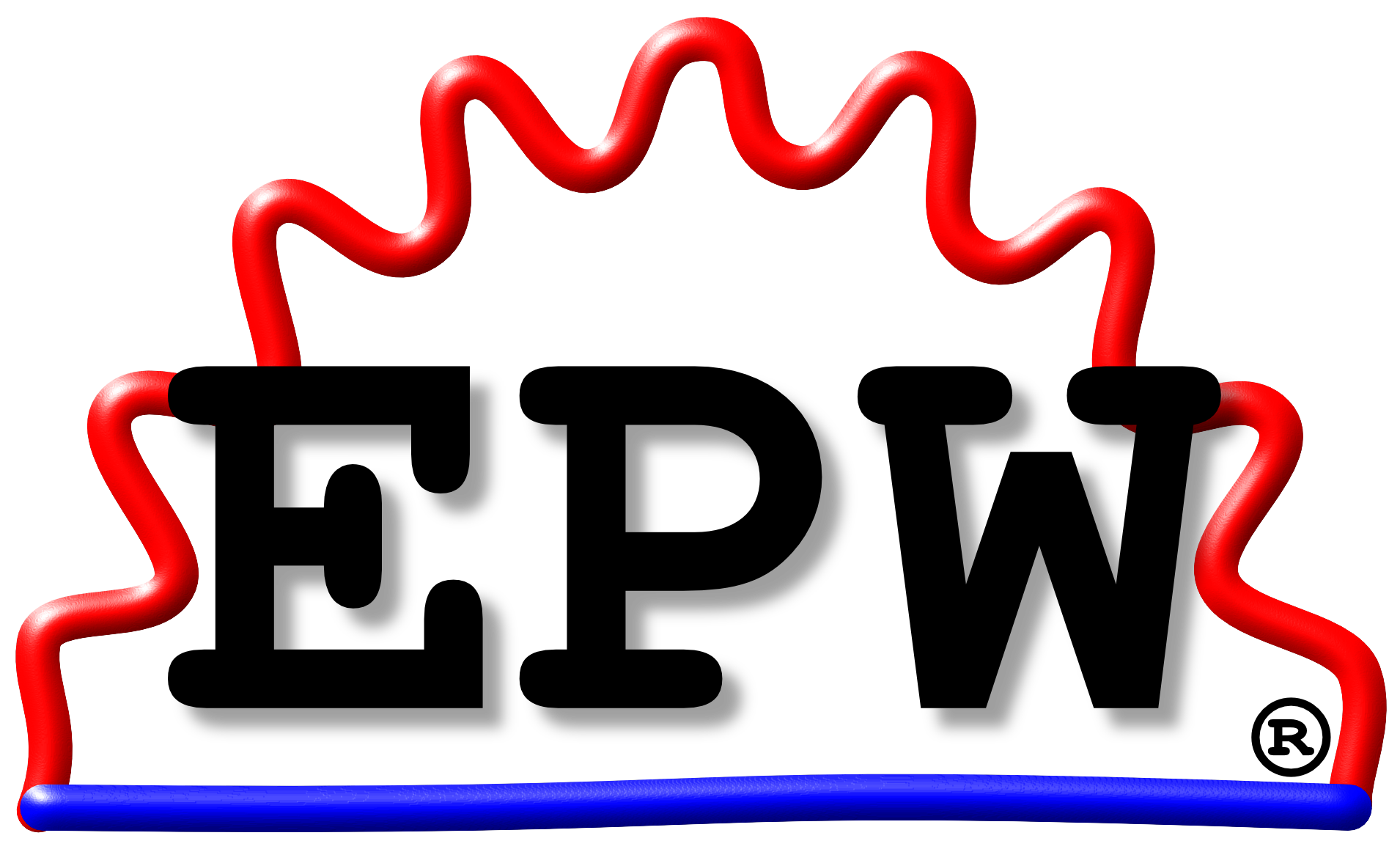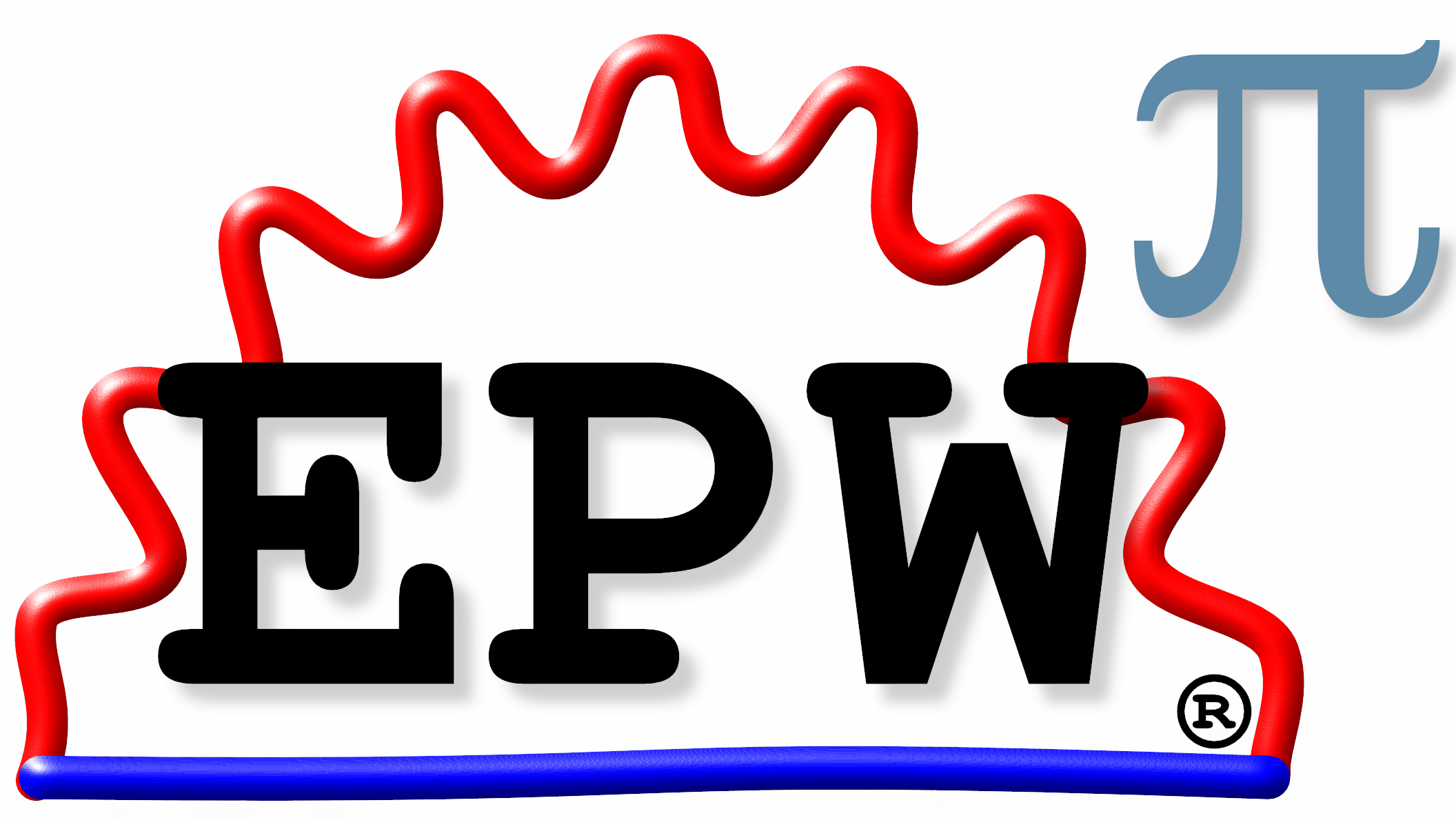Software#

EPW#
EPW is an electronic structure code for investigating electron-phonon interactions, temperature-dependent electronic and optical properties, carrier transport, and superconductivity from first principles. Our group develops and maintains EPW together with the EPW Collaboration. Information about the code can be found at the EPW webpage, discussions among users and developers are hosted on the EPW forum, and CI/CD is hosted on the EPW GitLab repo.

EPWpy#
EPWpy is a Python automation and abstraction layer for advanced electronic structure calculations. It automates complex workflows, post-processing, and data analysis. EPWpy provides scripting, visualization, and integration with materials databases, pseudopotential databases, and interfaces with open-source electronic structure packages such as EPW, Quantum ESPRESSO, BerkeleyGW, and Abinit. Our group develops and maintains EPWpy, in partnership with the EPW Collaboration. EPWpy documentation and a suite of tutorials and Jupyter Notebooks can be found at the EPWpy webpage.

SternheimerGW#
SternheimerGW is a code for performing GW many-body perturbation theory calculations using the Sternheimer approach. This approach avoids explicit summation over unoccupied Kohn-Sham states. The code enables efficient and accurate calculations of quasiparticle corrections, band structures, and the frequency-dependent electron self-energy. Our group develops and maintains SternheimerGW. The code can be dowloaded from the SternheimerGW webpage, and CI/CD is hosted on the SternheimerGW GitLab repo.

MatCSSI#
MatCSSI is an open-source cloud platform that enables advanced many-body calculations by integrating electronic-structure codes such as EPW, BerkeleyGW, Quantum ESPRESSO, and Abinit into user-friendly Jupyter Notebook environments. This platform simplifies automated and reproducible electronic structure calculations of excited-state materials properties, making these methods accessible to a wider community. Our group develops the MatCCSI framework in collaboration with the Texas Advanced Computing Center.

Quantum ESPRESSO#
Quantum ESPRESSO is a popular open-source package for first-principles materials modeling based on density-functional theory, density-functional perturbation theory, plane waves, and pseudopotentials. Our group is a member of the Quantum ESPRESSO Foundation, whose mission is to support the design, implementation, maintenance, and free dissemination of high-quality, high-performance open-source scientific software for ab initio quantum numerical modeling of materials.